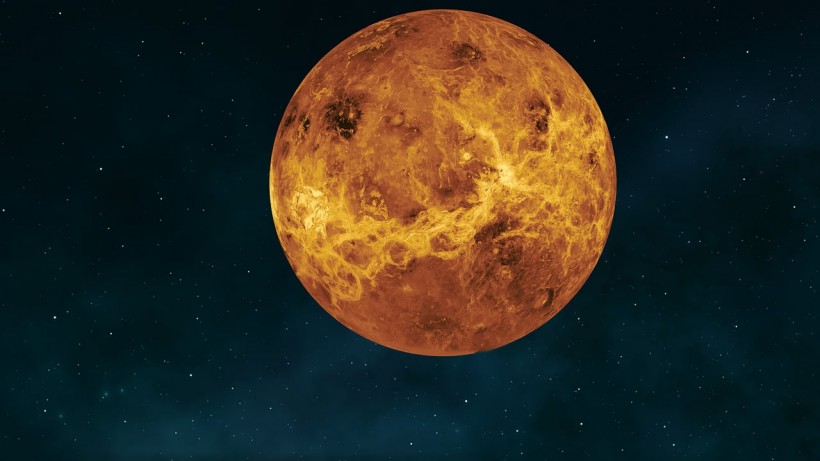Rocket Lab's ambitious maiden mission to Venus, initially planned for May 2023, has been postponed to 2025. The research paper on this mission describes a small direct entry probe, approximately 1 kilogram, with accommodation for a single instrument that will have a backup launch window available on January 2025.
A company spokesperson told TechCrunch that while the company's current priority is delivering customer missions, the Venus mission is still in the planning stages and requires further technical development before it can proceed with the launch.

First Private Mission to Venus Postponed Until January 2025, Rocket Lab Announces
Proposed First Mission to Venus
Rocket Lab first announced its plans for a Venus mission aimed at investigating the planet's atmosphere in search of conditions conducive to life in 2020. Despite Venus being known for its extreme temperatures, there are indications that microbial life may be able to survive in its skies, where conditions are more Earth-like.
During discussions about the mission, Rocket Lab's founder and CEO Peter Beck said that the discovery of phosphine in the clouds of Venus in 2020, a compound associated with microbial life on Earth, has renewed scientific interest in the planet.
Rocket Lab's proposed probe, funded by the company, MIT, and philanthropists, is designed to reach Venus before NASA's upcoming missions and at a significantly lower cost. According to Space.com, the 15-inch probe, weighing 45 pounds, will be launched on Rocket Lab's Electron rocket and carried to Venus by the Photon spacecraft bus.
The probe's journey to Venus will last five months, with a brief data collection period of just three to five minutes as it descends through Venus' atmosphere.
During its descent, the probe will search for complex organic molecules, analyzing their composition, concentration, and shapes. Although the detection of these molecules wouldn't directly prove the existence of microbial life on Venus, it could indicate a more habitable environment than previously thought.
The probe's data will be transmitted back to Earth before the harsh conditions at the planet's surface destroy it. The mission aims to contribute valuable insights into the potential for life on Venus.
READ ALSO: Can We Live in Venus? Yes, But Only If We Encase It in Giant Shell
Venus Missions: Why Scientists Are Interested In This Planet?
As Interesting Engineering reported, both Earth and Venus originated approximately 4.6 billion years ago, suggesting a similar timeframe for their formation. Despite being commonly referred to as Earth's twin, Venus is believed to have undergone significant changes from a potentially habitable planet to its current hostile state.
Previous scientific findings, such as NASA's Pioneer Venus spacecraft in 1978, have hinted at the existence of past shallow oceans on Venus's surface, sparking intermittent interest from the scientific community.
According to a study, Venus might have sustained shallow oceans for a duration of two to three billion years. However, a catastrophic event known as a "resurfacing event" occurred, releasing a substantial amount of carbon dioxide into the atmosphere and rendering Venus unsuitable for life.
The specific details regarding the progress of Rocket Lab's mission to Venus, which could be the first-ever private mission to the planet, have not yet been disclosed by the company.
RELATED ARTICLE: Is There Life on Venus? NASA Sending 2 Space Missions To Find Evidence of Existence in the Hottest Planet in the Solar System
Check out more news and information on Venus in Science Times.














